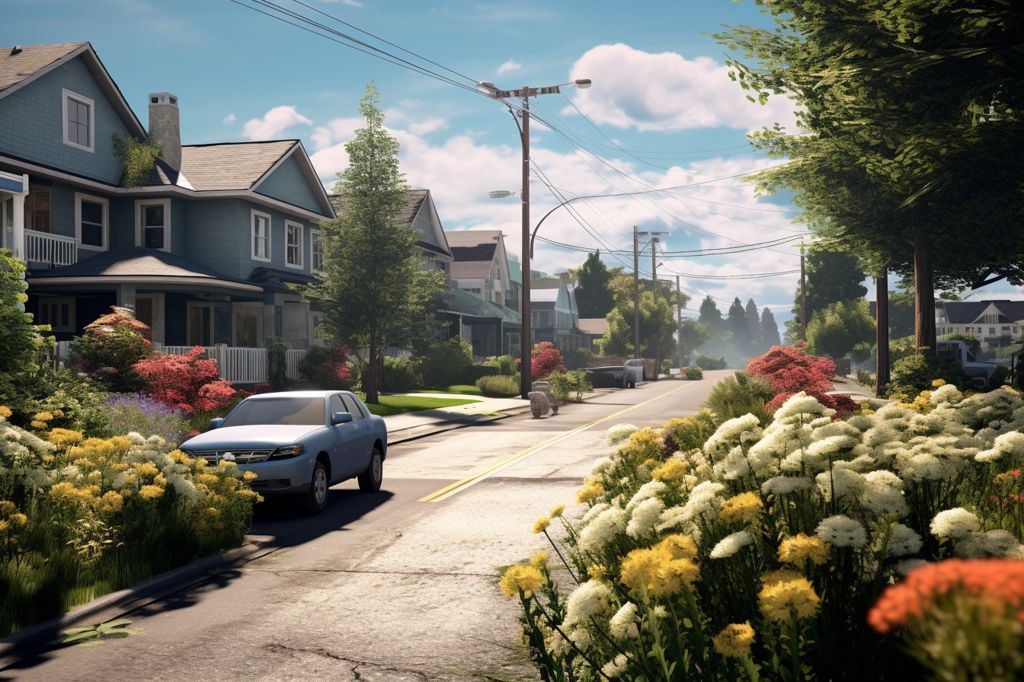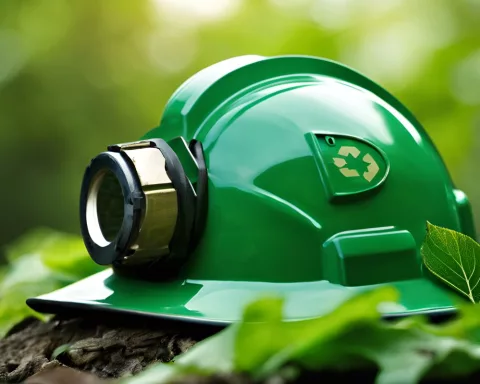The Upper Kenilworth Improvement District (UKID) and Pinelands City Improvement District (PLICD) have recently received approval to operate in their respective areas after months of seeking support. These non-profit organizations aim to enhance neighborhood safety, cleanliness, and social development by collecting fees from property owners through the City’s rates billing system.
UKID’s focus on safety and security
Established in August of last year, the UKID is focused on securing key areas, including the railway line, Smithers and Indian Roads, an area surrounded by Harfield Road and Main Road, and the block enclosed by Aliwal Road, Tennant Road, Mains Avenue, and Main Road. The organization will work closely with the local police to maintain safety and security and appoint a committee to oversee aspects of security, social intervention, and cleaning services. The UKID plans to provide response vehicles and security officers who will patrol the area, which is also monitored by a CCTV network.
PLICD’s primary focus on public safety
The PLICD has been in development since 2018, covering areas such as the Old Mutual head office precinct, a portion of Jan Smuts Drive, the Pinelands Business Park up to Avonduur Road along Sunrise Road, Walton Grove Road, and properties on both sides of Ambleside. Public safety is the primary focus of the PLICD, according to media officer Yazied Davids. The organization will collaborate with the Pinelands Community Police Forum and other stakeholders to address crime, utilizing two law enforcement officers assigned to the area. The PLICD will also establish a network of CCTV cameras, a control room, and a safety app for residents.
Tackling various neighborhood issues
Both improvement districts will work in tandem with security companies, street committees, and neighborhood watch groups, assigning patrollers to crime hotspots. They will also tackle issues such as illegal dumping, littering, damage to trees and park equipment, and heritage protection. Furthermore, a social development team will collaborate with the City’s Displaced Persons Unit and non-profit organizations to address homelessness in their respective areas.
The community-driven nature of improvement districts
Eddie Andrews, mayoral committee member for spatial planning and environment, emphasized the community-driven nature of these improvement districts. He explained that the establishment of a Special Rating Area (SRA) requires extensive public participation, including a steering committee made up of property owners who must compile a five-year business plan supported by the community. For residential areas, written support from over 60% of property owners is necessary, while commercial areas require support from 50% plus one. Once the City confirms this support, the application is advertised, allowing property owners a 30-day window to submit comments and objections.
By working together with the community, the UKID and PLICD aim to not only improve safety and cleanliness but also foster a sense of unity among residents. With their newly granted permission to operate, these improvement districts are set to make a positive impact on their local neighborhoods.












